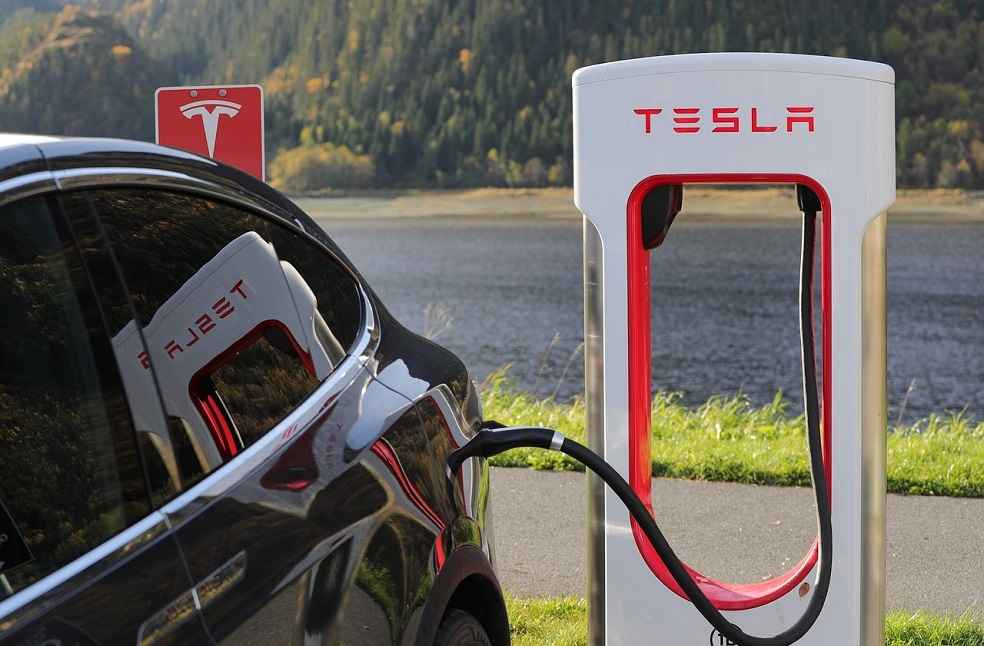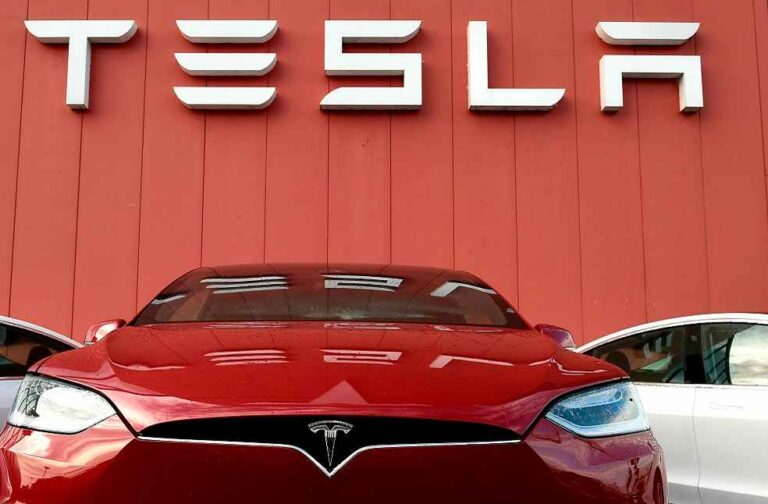Tesla launched car sales in Saudi Arabia on Thursday, stepping into a market with limited electric vehicle infrastructure. The long-awaited debut comes after years of tension between Riyadh and Elon Musk.
With a severe absence of charging stations along the 900-kilometer route connecting Riyadh and Mecca, the company will open its showrooms in Riyadh, Jeddah, and Dammam on April 11.
Tesla’s arrival in the Saudi market aligns with the nation’s increasing investment in electric vehicle technology, while Tesla experiences a drop in global sales.
According to analyst Sam Abuelsamid, Saudi Arabia recorded only 2,000 electric vehicle sales last year—a figure that is far below Tesla’s average daily sales.

Despite years of expansion into every Middle Eastern nation, Tesla hadn’t entered the Saudi market until now. The company’s venture in Saudi Arabia may gain investment from plans proposed by U.S. President Donald Trump for the kingdom.
The kingdom has set ambitious goals for electric vehicles, committing approximately $39 billion to the sector as part of its Vision 2030 initiative.
Tesla encounters significant obstacles in the Saudi market, such as a limited number of charging stations and the impact of extreme summer heat on EV battery efficiency. By 2024, Saudi Arabia had only 101 charging stations, far fewer than the 261 available in the United Arab Emirates.

Tesla is entering the Saudi market after competitors like China’s BYD, which established a showroom in Riyadh in May 2024. Although Saudi Arabia has set a goal of achieving 30% EV adoption by 2030 and intends to increase its charging network to 5,000 stations, the existing infrastructure presents substantial barriers to rapid growth.
As stated by Tesla earlier, the launch event will showcase the company’s global lineup of vehicles as well as the Cybercab and Tesla’s Optimus line of humanoid robots.
EV WORLD | Hyundai Forms Task Force to Develop In-House EV Batteries





